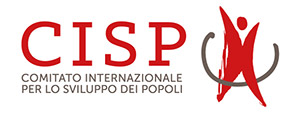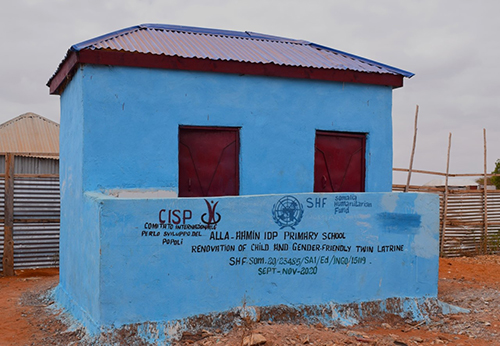
This project endeavours to enhance the capacity of the education system in eight European countries through the application of Global Citizenship Education (GCE).
With a primary focus on empowering educators and fostering student engagement while developing a sense of co-responsibility for local and global sustainable development, the initiative focuses on four main global challenges: international inequalities, climate changes, gender inequality, and migration.
Building upon the previous Get Up and Goals!, the GET project intends to ensure an improved integration of GCE in school curricula through the design and dissemination of teaching and learning materials, by fostering active engagement of students, and by stimulating dialogue with national educational authorities and the civil society.

Funded by Otto per Mille of the Waldensian Church of Italy, this project contributes to strengthening the drinking water distribution and supply system in the village of Bzal, located in the Akkar district of Northern Lebanon.
This initiative co-funds a larger ongoing WASH and Solid Waste Management project titled “Access to water, environmental upgrading, and sustainable waste management in Lebanon - AWSWM”, co-funded by the Italian Cooperation.
As part of the larger project, it is planned for the village of Bzal to construct a water distribution network of approximately 17.5 km and install 1.8 km of transmission lines, including connections to houses.

The project aims to build upon actions to enhance the quality of education, promote school inclusion for the most vulnerable children, and support the Sahrawi Red Crescent. It focuses on understanding the needs of families newly displaced due to the resumption of the conflict in Western Sahara, providing them with initial support.
Within this context, a specific investigation aims to have the newly displaced individuals recognized as refugees by UNHCR, enabling them to be included among the beneficiaries of humanitarian aid.

The project contributes to climate change adaptation and mitigation in Cuba, particularly in the agro forestry sector, in the province of Guantánamo, in the municipalities of Guantánamo, Imias, San Antonio del Sur and Maisí.
The objective of the project is to improve the resilience of rural communities and production chains through a Climate Smart Agriculture approach, encouraging forest conservation and reforestation with indigenous species. The project pursues an integrated approach in watershed management to reduce vulnerability caused by extreme climate events.



 Español
Español  Français
Français  Italiano
Italiano  English
English 



